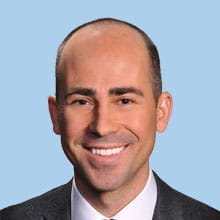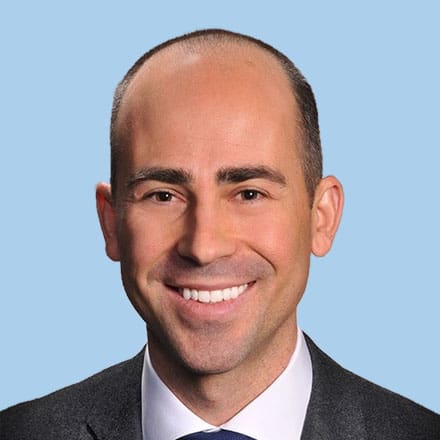Inside Angle
From 3M Health Information Systems
Strengthening care by focusing on health workforce retention

Leaders of all health care organizations consistently have one thing at the top of their minds: health workforce retention and burnout. A recent McKinsey report warns that by 2025 the U.S. will face a shortage of up to 450,000 nurses. Worldwide, the World Health Organization predicts that in order to reach Sustainable Development Goal (SDG) 3, the SDG on health, the world will need an additional 15 million health workers – half those being nurses – by 2030.
Burnout was a known, costly problem before COVID-19 surfaced, and the pandemic has added fuel to the fire. Recently, I’ve heard a couple of claims that should increase our cause for concern: Dr. Victor Dzau, president of the National Academy of Medicine, says about 20 percent of health workers have quit during the past two years of the COVID-19 pandemic. And nursing leader Dr. Bonnie Clipper states that just under one-third of nurses plan to leave the profession before the end of this year.
There are multiple forces driving the health workforce shortage, skill mix imbalances and health worker migration around the world. The problem of health worker shortages, maldistribution and burnout have been growing for more than a decade.
I was fortunate to interview Dr. Bianca Frogner – one of the nation’s health workforce experts – about many topics, including:
- Recent health workforce labor trends, including the role of travel nursing and the movement of health workers across the states
- The COVID-19 pandemic’s impact on the health workforce and how she thinks about burnout
- Changes in medical licensure and scope of practice laws instituted by most states to improve access during the public health emergency
- The need for a National Health Workforce Commission to plan and coordinate the movement of health workers to meet the demands of our system
Dr. Frogner was one of my professors at George Washington University during my master’s in public health several years back. Now she is professor in the department of family medicine at the School of Medicine at University of Washington (UW). She is the director of the UW Center for Health Workforce Studies and deputy director of the Primary Care Innovation Lab, which are housed in the department of family medicine. Dr. Frogner is a health economist with expertise in health services delivery, health workforce, labor economics, health spending, health insurance coverage and reimbursement, and international health systems.
Thankfully, the highest levels of American government are talking about the many issues affecting the health workforce. The president of the U.S. is acting to protect health workers at home and abroad. The U.S. surgeon general published an advisory on burnout. One of my favorite themes of the surgeon general report is this: Everyone has a role to play to mitigate burnout.
In this Inside Angle podcast episode, Dr. Frogner charges us all to consider:
- “What is my role in helping to improve the policies nationally that would give me the tools that I need to retain the workers that I have?”
- “What is my role in helping to push forward policies that make my health care workers happy?”
Dr. Travis Bias is a family medicine physician and chief medical officer of clinician solutions at 3M Health Information Systems.


